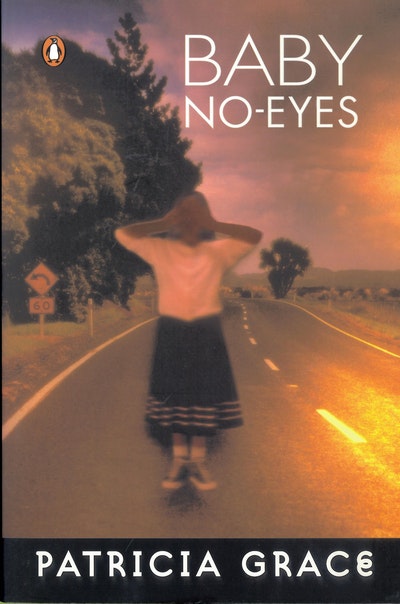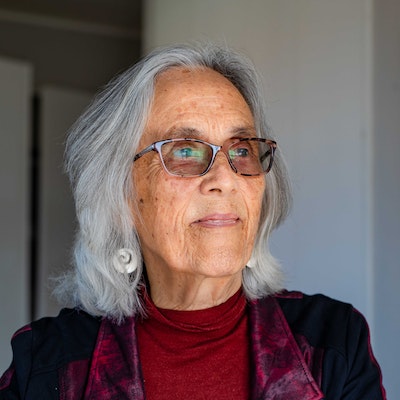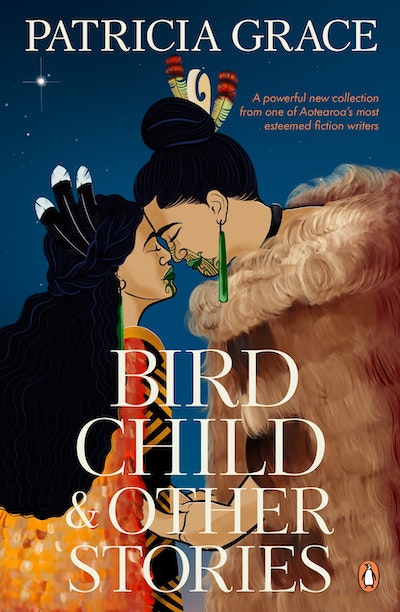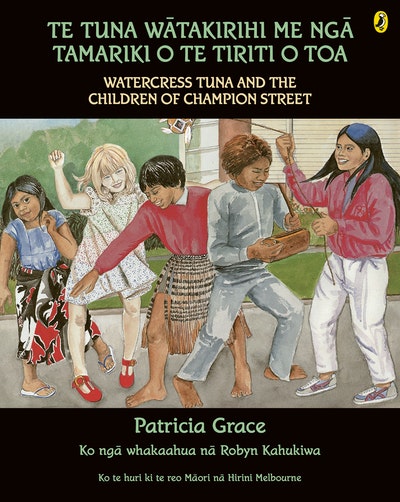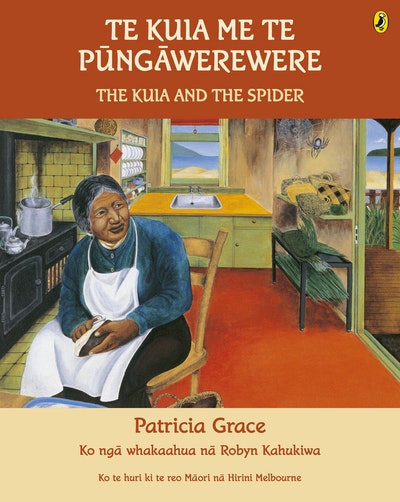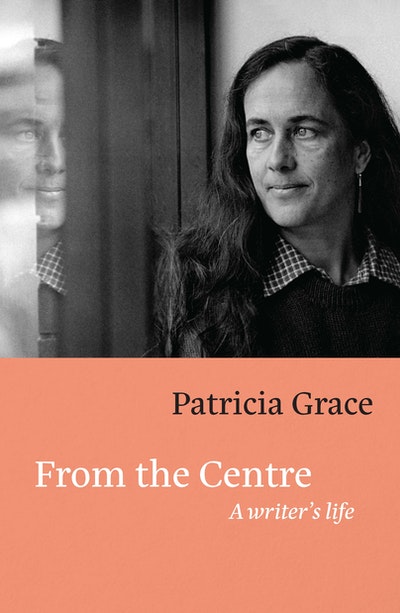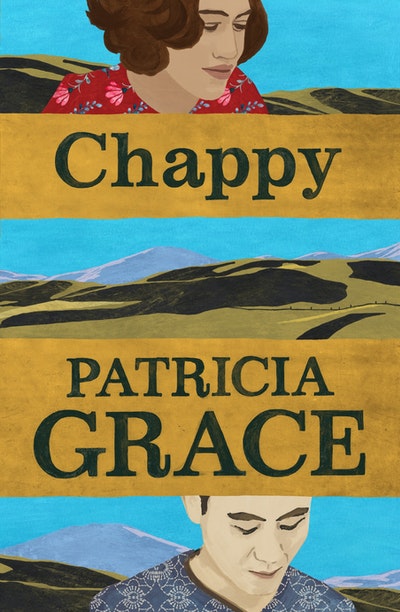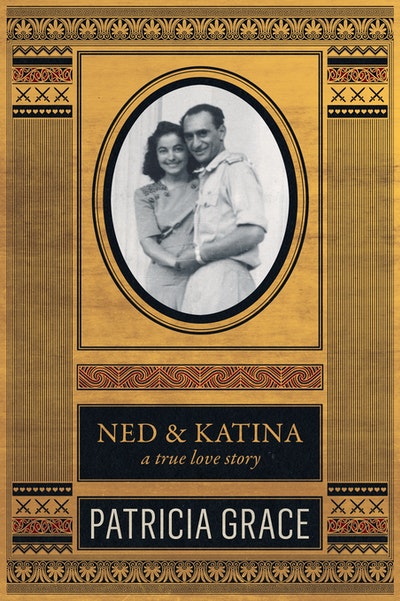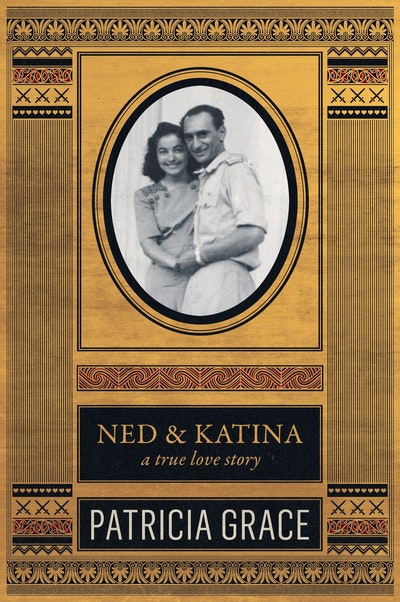[]
- Published: 28 October 2008
- ISBN: 9780143011613
- Imprint: Penguin
- Format: Paperback
- Pages: 304
- RRP: $24.95
Baby No-eyes
Formats & editions
Buy from…
- Published: 28 October 2008
- ISBN: 9780143011613
- Imprint: Penguin
- Format: Paperback
- Pages: 304
- RRP: $24.95
Baby No-eyes is warm, positive and hopeful, a lyrical, richly woven story that makes you grin and lets you cry.
Michele A'Court, NZ Herald
The book's prose has the rhythmic surge of the sea, the thump and sway of the haka. This is the novel as weaving demonstration, as whaikorero, as marae – full of memorable images.
David Eggleton, NZ Listener
